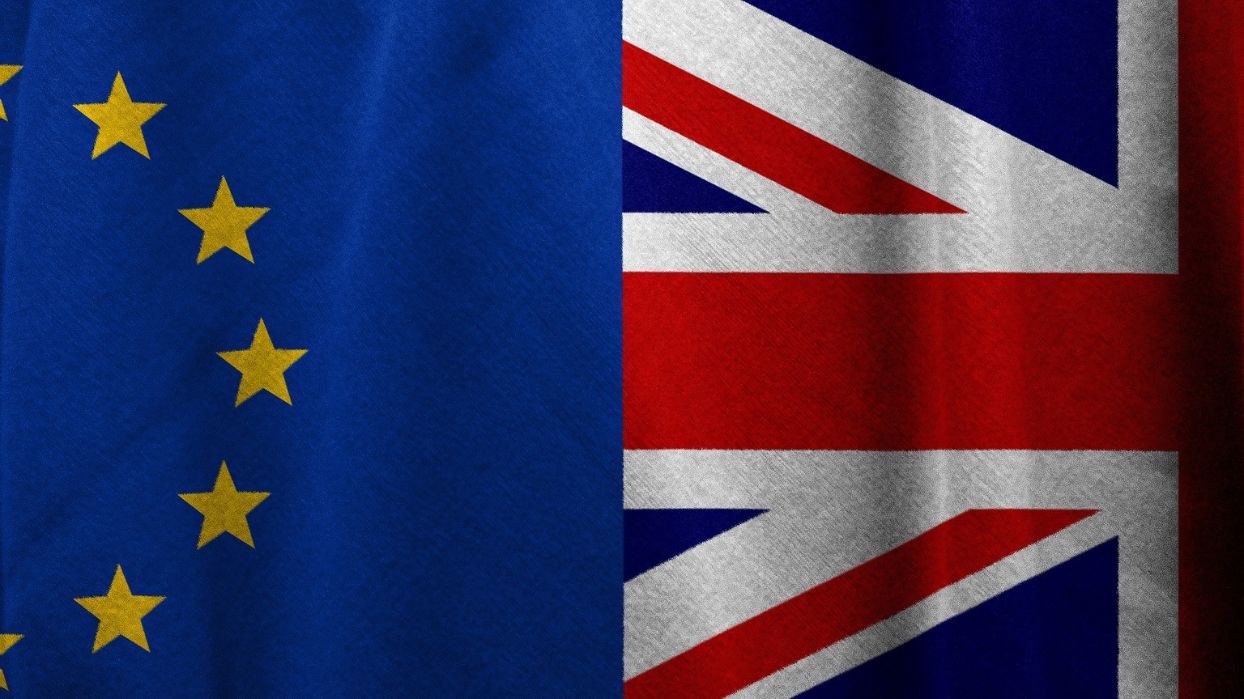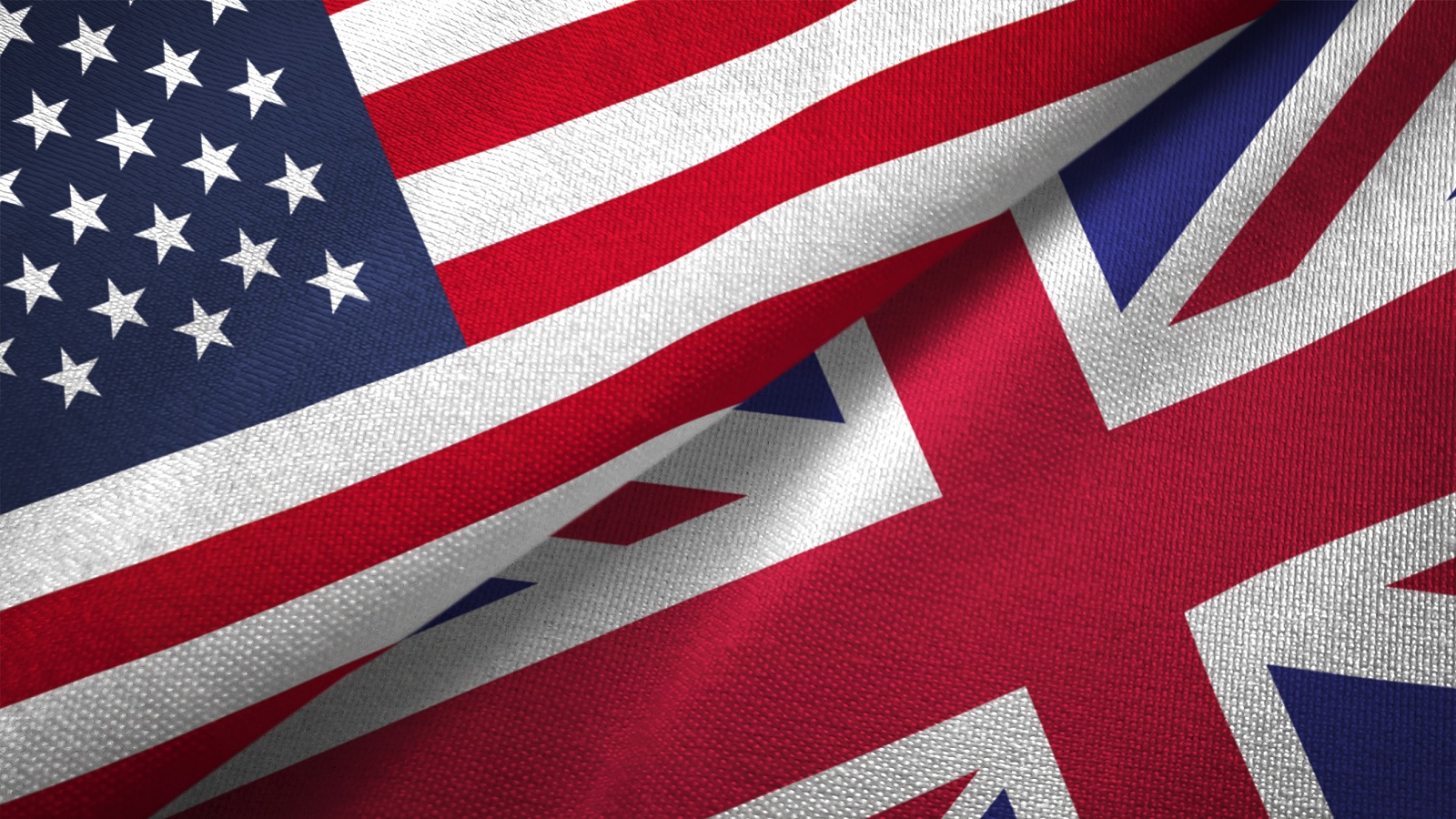In this article first published by LexisPSL (subscription required), International Injury partner Christopher Deacon comments on a recent decision where the claimant relied on the ‘tort gateway’ to bring their claim in England and Wales.
In Moore & Anor v MACIF [2022] EW Misc 11 (CC), His Honour Judge Hellman, sitting in the Mayor’s and City of London County Court, held that France and not England was the appropriate forum in a claim for personal injury damages arising from a road traffic accident in northern France. Both claimants were domiciled in England and continued to suffer the ongoing financial and non-financial damage from the accident on their return home.
The claimants relied on the tort gateway in Civil Procedure Rule Practice Direction 6B paragraph 3.1(9) to serve proceedings on the defendant in France on the basis that their “damage was sustained, or will be sustained, within the jurisdiction” of England and Wales. The concept of “damage” was given a wide interpretation by the UK Supreme Court in FS Cairo (Nile Plaza) LLC v Lady Brownlie [2021] UKSC 45, extending the meaning to any ongoing loss arising from an injury an individual has suffered overseas. In Moore, the judge allowed the defendant insurer’s application to contest jurisdiction on the basis of forum non conveniens (the common law doctrine that considers whether the courts of England and Wales or those of another jurisdiction are a more appropriate forum for the dispute).
Background
The claim relates to a road traffic accident in France in October 2018, which occurred while Mr and Mrs Moore were on holiday. The claims were limited to between £25,000 and £100,000. Although the accident pre-dates the end of the Brexit transition period, the claim was not issued until July 2021, depriving the claimants of the right to pursue the defendant insurer in England pursuant to the Recast Regulation. Permission to serve out of the jurisdiction was granted. MACIF was then served in France but subsequently challenged the jurisdiction of the English courts.
The burden was on the claimants to show that England was clearly or distinctly the appropriate forum. The judge also had to consider an application by Mr Moore for alternative service on the defendant. In granting consent to this, he applied the principles from the UK Supreme Court decision in Abela v Baadarani [2013] UKSC 44, as the claim form supplied to the defendant’s solicitors in England was not a correctly endorsed copy, meaning the claim had not been validly served.
What did the court decide?
The court was persuaded it should not exercise jurisdiction over the claim. The following factors influenced the judge’s decision. However, as the analysis below shows, some of the reasoning is open to argument. A different judge may well have arrived at the opposite conclusion in similar, if not identical, circumstances:
- The French courts are best placed to apply French law
The fact that French law applied to the assessment of damages in Moore was a significant factor in the judge’s reasoning. In VTB v Nutritek [2013] UKSC 5, Lord Mance said: “It is generally preferable, other things being equal, that a case should be tried in the country whose law applies. However, that factor is of particular force if issues of law are likely to be important and if there is evidence of relevant differences in the legal principles or rules applicable.” This position is reiterated in the Civil Procedure Rules.
In this case, that would include the application of the Dintilhac Tables, which are used to assess damages for personal injury.
The Dintilhac Tables and other principles of French law have, however, been applied successfully by parties and the courts in England and Wales on many occasions in the past, including in a substantial claim for spinal cord injury in Wall v Mutuelle de Poitiers Assurances [2014] EWCA Civ 138.
- Evidence from French medico-legal experts would be required
The judge appears to have been persuaded this was a relevant factor as the claimants already had evidence from a French medico-legal expert who might have required an interpreter to give evidence at trial in England.
By this stage in the case, the claimants would not have had the court’s permission to rely on the French medico-legal evidence. Whether this aspect of the judge’s reasoning complies with the Court of Appeal decision in Wall is debatable.
It is also possible, as a matter of French procedure and in view of the judge’s decision that the claims should proceed there, that the French court would require the medico-legal evidence to be given by a court-appointed expert. This would render the evidence obtained by the claimants as equally redundant in France as it would be in English proceedings to which French law applies.
- A French lawyer could be instructed
According to the evidence before the judge, the claimants would not need to attend proceedings in France and could easily instruct a French lawyer via an English solicitor.
The defendant’s legal team appear to have put extensive witness evidence before the court to persuade the judge of the apparent procedural ease with which the claimants could participate in proceedings in France. This included evidence that the claimants would not need to attend court in person. This is arguably at odds with the evidence put forward by the claimant in Klifa v Slater [2022] EWHC 427 (QB). In that case, the judge found that one of the factors weighing in favour of England and Wales being the more appropriate forum was the location of the relevant French court and the lawyers the claimant would otherwise have to instruct in France being as far away from the claimant geographically (and therefore no more convenient) than London. This aspect of the decision in Klifa implies that attendance in person is required to pursue a claim for personal injury damages in France.
- The English proceedings were not at an advanced stage
Although little may have been done to progress this case during the pre-action phase, the wasted costs of steps taken in England to progress an action might be a factor that weighs in a claimant’s favour in other cases.
An uphill struggle for claimants?
It might be said, therefore, that establishing jurisdiction in England and Wales, where a foreign law applies following an accident abroad, remains an uphill struggle for claimants. However, each case will stand or fall on its own facts. Two other decisions post-dating Brownlie show that in appropriate cases, the English courts will happily accept jurisdiction in personal injury claims where the damages are assessed with reference to a foreign law: see Klifa v Slater and Charlton v Deffert [2022] EWHC 2378 (KB).
In Charlton, the claimant had also been injured in a road traffic collision in France. Master McCloud held that the claim could proceed in England; France was not clearly or distinctly the more appropriate forum. There was limited liability evidence in French and no independent French liability witnesses. The bulk of the evidence was in England and in English. Translation costs would be considerably higher if the claim were heard in France. There would be complexities around English rules on taxation and business operations because of the claimant’s earnings situation (presumably a significant aspect of the claim).
Also, there were no complex legal issues. The defendant did contend there was inconsistent case law on an aspect of its defence but failed to adduce any French law expert evidence on the point. Master McCloud was unwilling to put much weight on this argument based on submissions alone. It is difficult to square the decision in Charlton with the outcome in Moore, other than the extent of the damage and losses seeming to be less extensive and severe in the latter case.
How a judge exercises their discretion in any given case on forum non conveniens may well turn on how persuasive the parties’ evidence is in support of their respective cases on jurisdiction and how the arguments on the competing factors play out at the oral hearing.
Conclusion
This decision is a recent illustration of how the courts in England and Wales will approach a challenge to jurisdiction in a claim for damages by a claimant following an injury overseas and who relies on the tort gateway to bring their claim in England and Wales. However, such cases remain heavily fact-specific. Judges enjoy a wide degree of discretion when weighing up the various forum non conveniens factors for and against allowing a claim to proceed in England and Wales.
You can find further information regarding our expertise, experience and team on our International Injury page.
If you require assistance from our team, please contact us.
Subscribe – In order to receive our news straight to your inbox, subscribe here. Our newsletters are sent no more than once a month.





